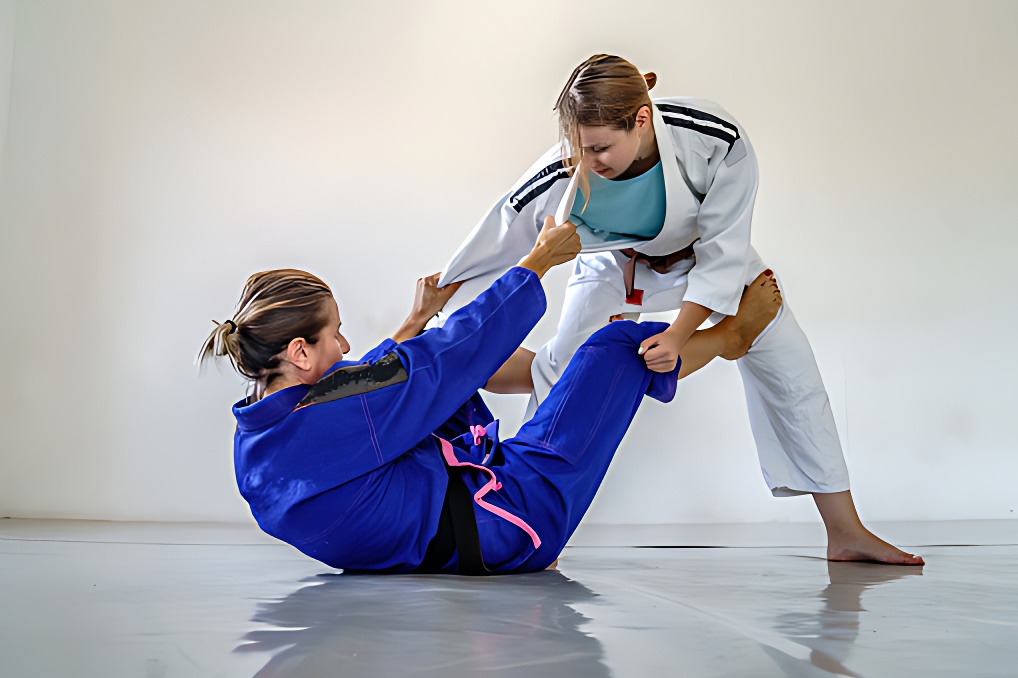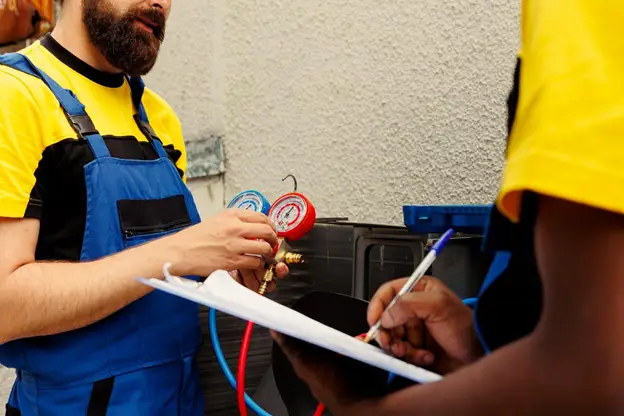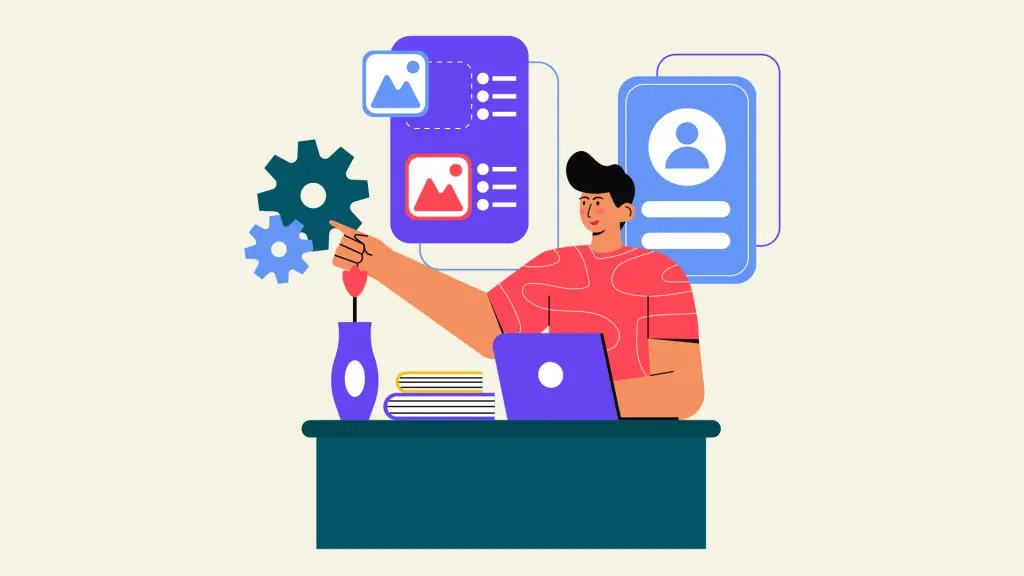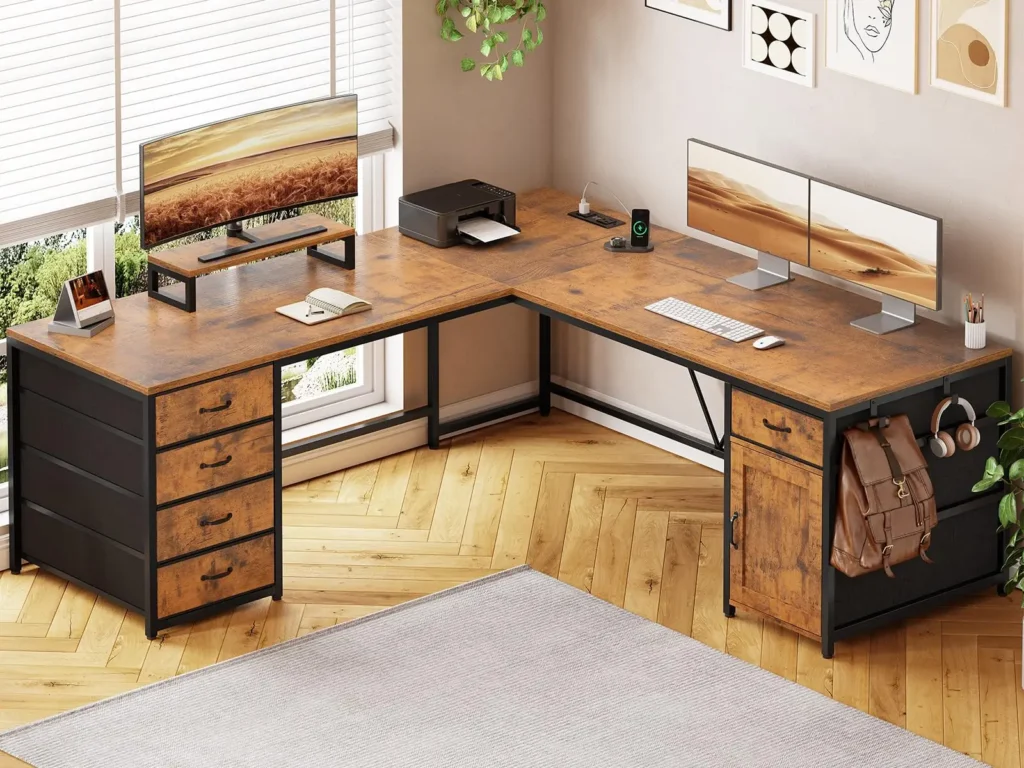At ARKA School of Jiu-Jitsu, we’ve seen firsthand how Brazilian Jiu-Jitsu can transform lives, especially for children with neurodiverse needs. While most people recognize martial arts for its physical benefits or self-defense training, the emotional and neurological benefits often go unrecognized. For neurodiverse children, including those with autism, ADHD, sensory processing challenges, and anxiety, Brazilian Jiu-Jitsu offers more than just a sport. It provides a structured, empowering pathway to emotional regulation, self-awareness, and confidence.
In this post, we’ll explore how BJJ helps neurodiverse kids manage emotions, reduce anxiety, and develop lifelong self-regulation skills in a supportive and structured environment.
Understanding Emotional Regulation in Neurodiverse Kids
Emotional regulation refers to a child’s ability to recognize, manage, and respond to their emotions in healthy ways. For neurodiverse children, this process can be more difficult due to challenges with sensory input, impulsivity, or social-emotional awareness. Emotional regulation affects every area of a child’s life including school, friendships, home routines, and self-esteem.
While traditional therapy and educational interventions are important, many parents are looking for complementary approaches that help their child build emotional control through real-world, body-based experiences. That’s where Brazilian Jiu Jitsu becomes incredibly powerful.
Why Brazilian Jiu-Jitsu Works for Emotional Development
1. Structured Routines Reduce Anxiety
Children with neurodiverse profiles often thrive in environments with clear structure and predictability. At ARKA, every BJJ class follows a consistent routine. Warm-ups, drills, technique demonstrations, and safe sparring take place in a structured flow. This helps reduce anxiety around what’s coming next and allows students to feel secure and in control.
Knowing what to expect helps create a sense of emotional safety. Predictable routines are especially helpful for kids with autism and sensory processing disorders.
2. Physical Activity Regulates the Nervous System
Neurodiverse kids may experience heightened levels of sensory input or find it difficult to regulate their energy. Brazilian Jiu-Jitsu offers a full-body outlet for that energy without overwhelming or overstimulating them.
The physical movements in BJJ such as grappling, ground work, and controlled pressure can provide proprioceptive input which is calming to the nervous system. Many occupational therapists refer families to ARKA because BJJ mimics the sensory input used in therapy. It helps kids feel grounded, calm, and more emotionally stable after class.
3. Controlled Contact Helps Build Body Awareness
For some neurodiverse children, personal space and physical interaction can be confusing or uncomfortable. Others may seek out strong physical contact or have difficulty understanding social boundaries.
BJJ helps kids build healthy, respectful physical boundaries in a controlled and safe setting. With close contact on the mat, students practice making eye contact, reading non-verbal cues, and engaging in reciprocal movement while learning to stay calm and respectful under pressure.
This awareness helps translate into real-life situations where kids can recognize and manage how their body and emotions respond to stress, excitement, or conflict.
4. Emotional Ups and Downs Build Resilience
Let’s be honest. Learning Brazilian Jiu-Jitsu can be tough. Kids will try a move and not succeed. They’ll get tapped. They’ll struggle to remember a technique or lose balance in a drill.
But this is where emotional growth happens.
In a nurturing environment like ARKA, kids are taught that struggling on the mat is just part of the learning process. Our instructors model resilience and positive attitude, helping kids bounce back, try again, and celebrate their progress.
Over time, these small moments build real emotional strength. Kids learn to regulate disappointment, handle frustration, and recover with confidence. These skills carry into school, home, and social life.
5. Breathing Techniques Promote Calm and Focus
Many people are surprised to learn how much breathing and calm focus are emphasized in Brazilian Jiu-Jitsu. When rolling or holding a position, students must regulate their breathing to stay focused and conserve energy.
This kind of breath control directly supports emotional regulation. Neurodiverse kids often experience rapid heart rate or panic when overstimulated. BJJ gives them regular practice in managing their body’s stress response through deep breathing, slowing down, and staying present.
At ARKA, we make breathing awareness part of every class. We teach kids to pause, reset, and calmly assess situations. These skills empower them to make better decisions in emotionally charged moments.
6. Social Emotional Learning Through Teamwork
Although Brazilian Jiu-Jitsu is an individual martial art, it’s practiced in partnership. This dynamic teaches kids how to cooperate, take turns, offer feedback, and support peers. These are core social-emotional skills that many neurodiverse children struggle with.
At ARKA, we pair students thoughtfully based on age, size, and experience. We also reinforce respectful communication and coach students on how to ask for space or signal discomfort. This environment helps even the most socially anxious students come out of their shell and feel proud of their participation.
7. Visual Learning Supports Understanding
Many neurodiverse kids are strong visual or kinesthetic learners. BJJ instruction fits naturally with this learning style. Rather than long lectures or abstract concepts, we demonstrate each move visually, then break it into small steps.
Students then practice the move repeatedly with hands-on feedback. This combination of modeling, repetition, and movement allows neurodiverse learners to grasp techniques without feeling overwhelmed or left behind.
We also offer private sessions for those who may need extra time or support to master a new skill.
8. Instructor Support Makes the Difference
At ARKA, one of our biggest strengths is our instructor team, led by Professor Wancler Oliveira. With a background in physical education and years of experience working with students of all abilities, Coach Wancler brings a unique understanding of body movement, learning styles, and emotional development.
He and our staff create an environment where every student feels seen, respected, and supported. We tailor our approach to fit the needs of each child, adjusting pace, modifying drills, and offering encouragement every step of the way.
For parents of neurodiverse kids, that level of care makes all the difference.
Real-Life Benefits We’ve Seen at ARKA
Over the years, we’ve welcomed many neurodiverse kids into our Jiu-Jitsu family. Parents regularly tell us:
- “My child sleeps better on training days.”
- “He’s learning to pause before reacting.”
- “Her anxiety has dropped noticeably since she started.”
- “He’s finally proud of something that’s his.”
- “She used to hate trying new things but now she’s excited to come to class.”
While every child’s journey is unique, we’ve seen Brazilian Jiu-Jitsu become a cornerstone of emotional well-being for many students who struggle in traditional environments.
A Safe Space for Growth
We understand that trying something new, especially for a child with sensory or emotional challenges, can feel overwhelming. That’s why we offer a 7-day free trial at ARKA School of Jiu-Jitsu. You and your child can visit our school, meet our team, and experience the structure and support we offer with no pressure.
Whether your child is navigating autism, ADHD, anxiety, or simply needs help building focus and confidence, BJJ could be the missing piece that helps them thrive.
Final Thoughts: Jiu-Jitsu Isn’t Just a Sport, It’s a Path to Emotional Growth
Brazilian Jiu-Jitsu is about far more than grappling and takedowns. For neurodiverse kids, it can be a lifeline, a way to manage big emotions, develop self-awareness, and build inner strength in a setting that’s safe, consistent, and supportive.
At ARKA School of Jiu-Jitsu, we believe every child deserves the chance to grow, connect, and feel powerful in their own body. We’re honored to be a part of that journey for so many families in Sugar Land and Missouri City.
Ready to get started? Sign up for your free trial and see how Brazilian Jiu-Jitsu can support your child’s emotional well-being, on and off the mat.





